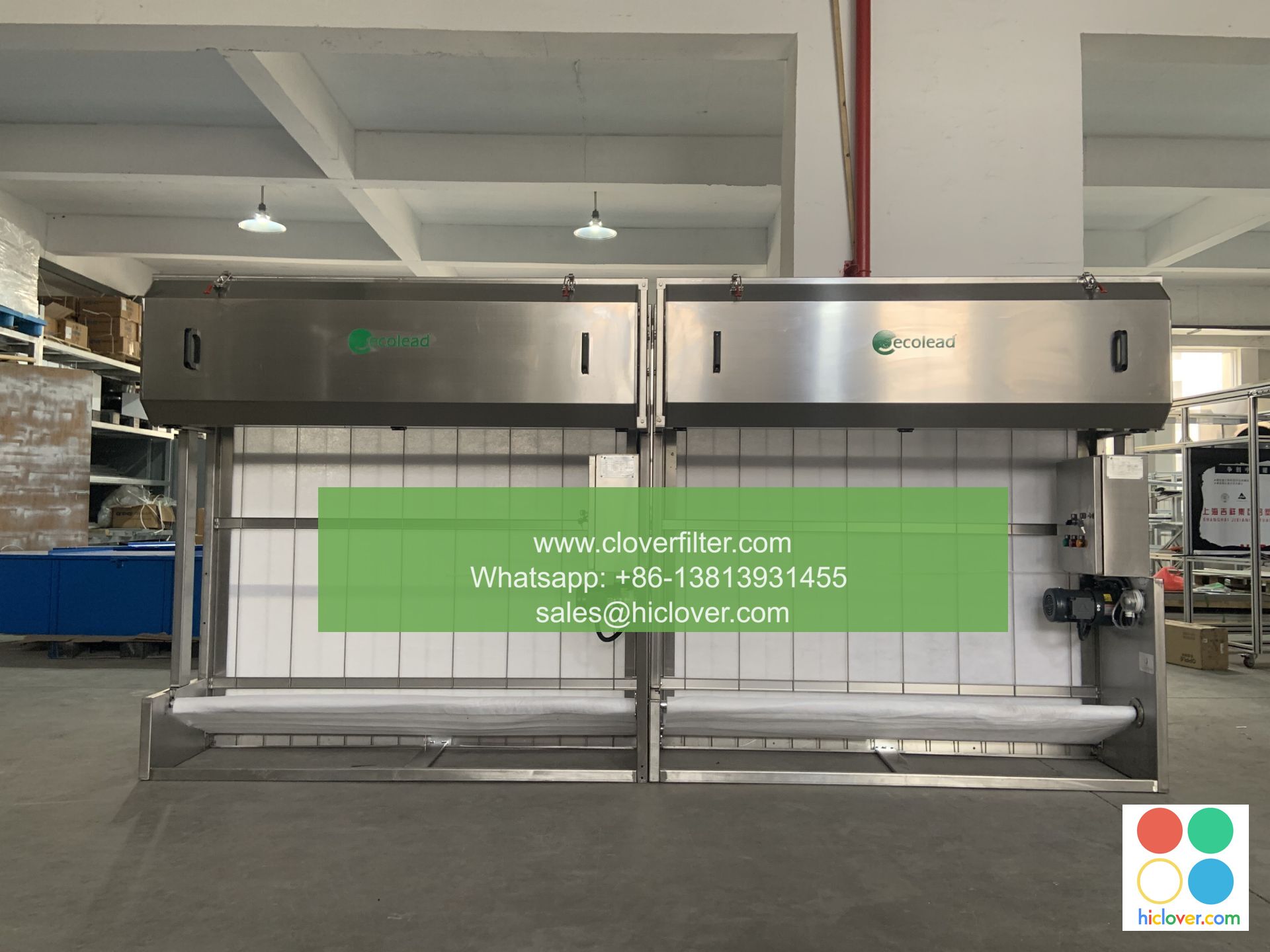Air Filter Contact and Human Behavior

Air filter contact is a crucial aspect of maintaining good air quality, which in turn plays a significant role in shaping human behavior. The air we breathe has a profound impact on our physical and mental health, cognitive function, and overall wellbeing. In this article, we will delve into the relationship between air filter contact, air quality, and human behavior, highlighting various application areas where clean air can make a significant difference.
The Importance of Air Filter Contact
Air filter contact refers to the interaction between airborne particles and the filters used to purify the air. Effective air filter contact is essential for removing pollutants, allergens, and other harmful substances from the air, thereby improving indoor air quality. High-Efficiency Particulate Air (HEPA) filters and Ultra-Low Particulate Air (ULPA) filters are two examples of advanced filtration systems that can capture particles as small as 0.3 microns, including dust, pollen, and other airborne contaminants.
Impact of Air Quality on Human Behavior
The quality of the air we breathe has a significant impact on our behavior, mood, and productivity. Indoor air pollution can lead to a range of health problems, including respiratory issues, headaches, and fatigue. On the other hand, clean air can improve cognitive function, boost mood, and enhance overall wellbeing. Studies have shown that good air quality can even influence our social behavior, making us more cooperative, friendly, and empathetic.
Application Areas: Where Air Filter Contact Matters
Air filter contact is crucial in various application areas, including:
* Healthcare facilities: Hospitals, clinics, and other healthcare settings require high-quality air filtration systems to prevent the spread of airborne diseases and maintain a healthy environment for patients and staff.
* Commercial buildings: Offices, malls, and other commercial spaces can benefit from advanced air filtration systems to improve indoor air quality, boost productivity, and enhance occupant wellbeing.
* Residential homes: Home air filtration systems can help remove airborne pollutants, allergens, and other contaminants, creating a healthier and more comfortable living environment for families.
* Industrial settings: Industrial air filtration systems are essential for removing hazardous particles and gases from the air, protecting workers from occupational health risks and ensuring compliance with occupational health and safety regulations.
Technological Advances in Air Filter Contact
Recent technological advances have led to the development of smart air filtration systems that can detect and respond to changes in indoor air quality. These systems often incorporate Internet of Things (IoT) technology, artificial intelligence (AI), and machine learning algorithms to optimize air filter performance, predict maintenance needs, and provide real-time feedback on indoor air quality.
Conclusion
In conclusion, air filter contact is a critical factor in maintaining good air quality, which in turn has a significant impact on human behavior, wellbeing, and productivity. By understanding the importance of air filter contact and its application in various areas, we can take steps to create healthier, more comfortable, and more sustainable environments. As technology continues to advance, we can expect to see even more innovative solutions for improving air quality and promoting human wellbeing. You didn’t provide a question or topic for me to respond to. Please provide more context or information so I can assist you better. What would you like to talk about?

